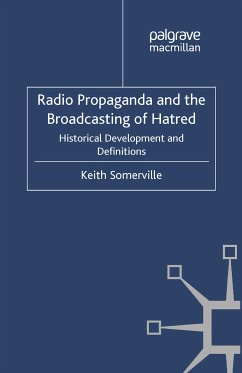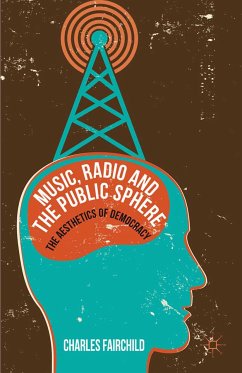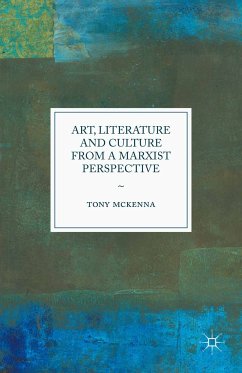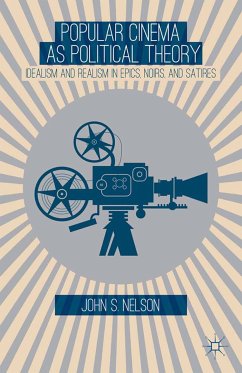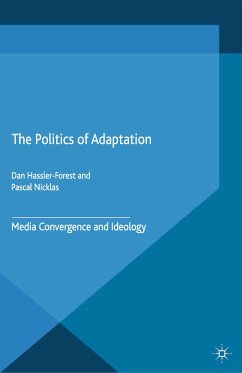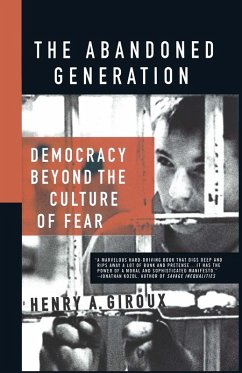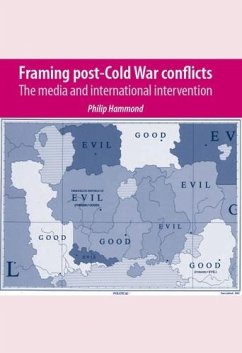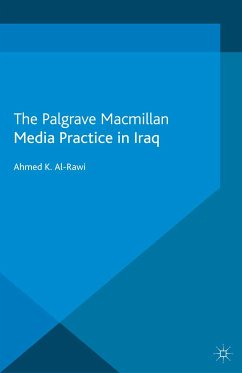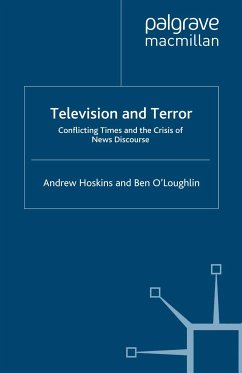
Television and Terror (eBook, PDF)
Conflicting Times and the Crisis of News Discourse
Versandkostenfrei!
Sofort per Download lieferbar
40,95 €
inkl. MwSt.
Weitere Ausgaben:

PAYBACK Punkte
20 °P sammeln!
The advent of the twenty-first century was marked by a succession of conflicts and catastrophes that demanded unrestrained journalism. Hoskins and O'Loughlin demonstrate that television, tarnished by its economy of liveness and its impositions of immediacy, and brevity, fails to deliver critical and consistent expositions of our conflicting times.
Dieser Download kann aus rechtlichen Gründen nur mit Rechnungsadresse in A, B, BG, CY, CZ, D, DK, EW, E, FIN, F, GR, HR, H, IRL, I, LT, L, LR, M, NL, PL, P, R, S, SLO, SK ausgeliefert werden.



